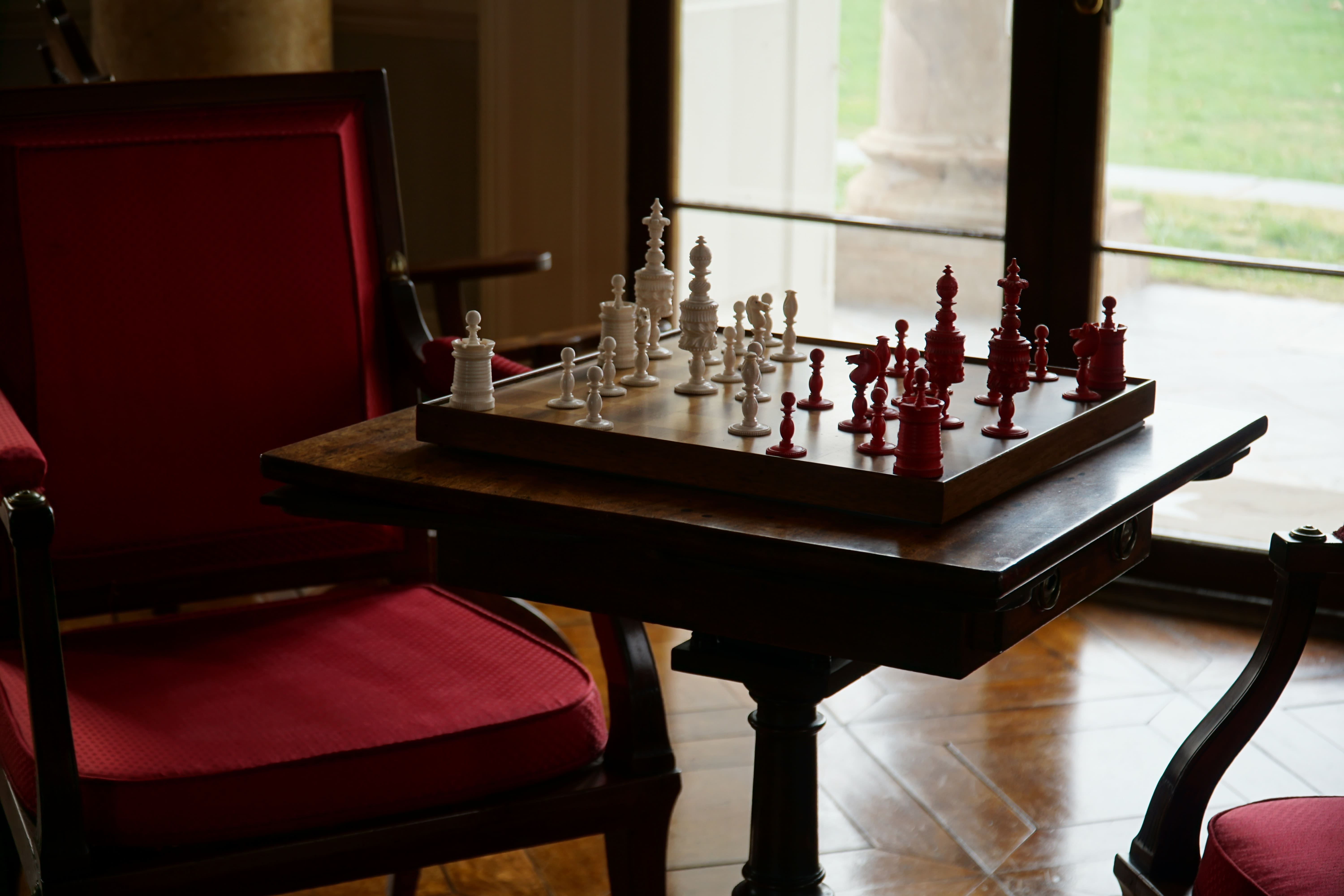
Power of No Action
Being decisive is good. Although taking rash actions without deep consideration of bad outcomes can be destructive. Often our life gives us a situation when the best possible move is to take no action.
You have a few thousands of bucks and you want to invest. You consider buying some gold. You realize that there may be a problem to find a way to sell this metal later. What should you do? You can think more about possible ways to sell. You can review other types of investments. Other things being equal, your best current decision is to buy no gold. No action. It is your null hypothesis.
Null Hypothesis
In statistics, they realized that people are famously bad at making decisions based on a gut feeling. Even some data at hand can’t certainly help. What they proposed is a simple framework called A/B testing. So you have the current state A and you want to know if a new state B is better in some ways than A. Then you collect your data.
The most important matter happens next. If you want to be fair and unbiased, you need to assume that A is better than B. From this point, you are free to look for proofs in your data that helps you to retract this assumption and prove that B is better than A.
No action is a reasonable default until you see better options.
Zugzwang
In chess, there is a beautiful situation called zugzwang. When you are in zugzwang, your best move is to make no moves. All your possible moves would make your position significantly weaker.
In chess, there is the compulsion to make a move. In real life, there is often not. Real life is much more multi-faceted than the game.
So take your time to think deeper. No rush. No need to take action yet.